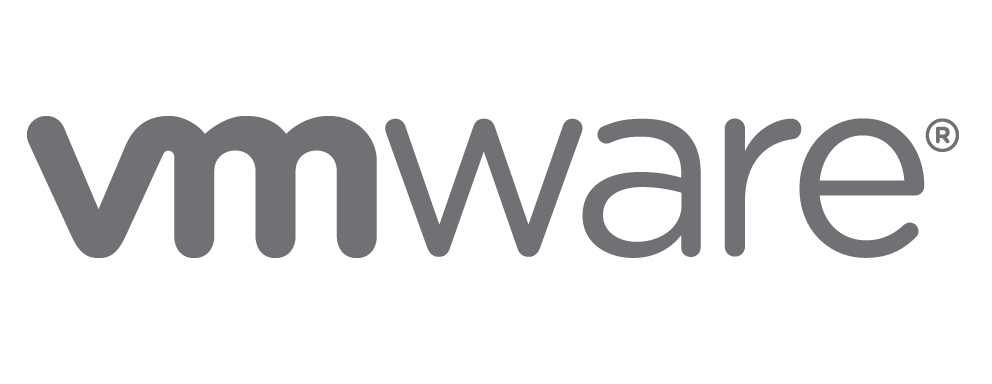Welcome to the Berkeley NetSys Lab
Active Projects
Programmable RDMA
We propose extensions to RDMA called Remote Memory Calls (RMCs) that allows applications to install a customized set of 1-sided RDMA operations. We are exploring how can RMCs be implemented on the forthcoming generation of SmartNICs, and we will compare its performance to pure 1-sided and 2-sided RDMA operations.
CESSNA
The introduction of computational resources at the network edge allows application designers to offload computation from clients and/or servers. We propose a design called the Client-Edge-Server for Stateful Network Applications (CESSNA) for client-edge-server systems so they can tolerate edge failures and client mobility.
CellBricks
We propose CellBricks, a novel cellular architecture that lowers the barrier to entry for new operators by enabling users to consume access on-demand from any available cellular operator — small or large, trusted or untrusted.
Efficient Work Stealing
Existing techniques such as work stealing perform well for long tasks, but can be inefficient for short tasks that take only a couple of microseconds. We explore techniques to perform load balancing more efficiently, so that requests are handled faster and cores waste fewer cycles looking for work.
Blockaid
Several recent laws (e.g., GDPR and CCPA) constrain how applications collect and utilize user data, and ensuring compliance to these constraints is challenging. Blockaid is a system that enforces data access policies for web applications using a proxy that interposes on the connection between the application and the database.
RCS
The conventional wisdom requires that all congestion control algorithms deployed on the public Internet be TCP-friendly. We propose an alternative to the TCP-friendly paradigm that can accommodate innovation, is consistent with the Internet’s current economic model, and is feasible to deploy given current usage trends.
Persimmon
Distributed in-memory storage systems lose all state on failure, so recovery is expensive and data loss is always a risk. The Persimmon system leverages persistent memory (PM) to convert existing in-memory storage systems into persistent, crash-consistent versions with low overhead and minimal code changes.
Routing Resilience
A project in this area attempts to deliver a routing resiliency mechanism that is easily implementable, easily deployable, and easily manageable while offering packet delivery rates that rival those of the most sophisticated resiliency mechanisms.
Smarter Prefetching
We propose a smart memory prefetcher to exploit the predictability of memory access patterns in data oblivious algorithms to reduce their memory footprint, while limiting their performance degradation. It can use information garnered from one execution to accurately prefetch on subsequent executions of an application.
Recent Publications
LOCA: A Location-Oblivious Cellular Architecture
Zhihong Luo, Silvery Fu, Natacha Crooks, Shaddi Hasan, Christian Maciocco, Sylvia Ratnasamy, Scott Shenker, NSDI '23
Invisinets: Removing Networking from Cloud Networks
Sarah McClure, Zeke Medley, Deepak Bansal, Karthick Jayaraman, Ashok Narayanan, Jitu Padhye, Sylvia Ratnasamy, Aneesh Shaikh, Rishabh Tewari, NSDI '23
Zed: Leveraging Data Types to Process Eclectic Data
Amy Ousterhout, Steve McCanne, Henri Dubois-Ferriere, Silvery Fu, Sylvia Ratnasamy, Noah Treuhaft, CIDR '23
The Internet of Things in a Laptop: Rapid Prototyping for IoT Applications with Digibox
Silvery Fu, Hong Zhang, Sylvia Ratnasamy, Ion Stoica, HotNets '22
Global Content Revocation on the Internet: A Case Study in Technology Ecosystem Transformation
Narek Galstyan, James McCauley, Hany Farid, Sylvia Ratnasamy, Scott Shenker, HotNets '22
Recent News
Scott Shenker wins IEEE Computer Society Women of ENIAC Computer Pioneer Award
Congratulations to Scott on the award!
Three Papers Accepted to HotNets!
"The Case for an Internet Primitive for Fault Localization", "Global Content Revocation on the Internet: A Case Study in Technology Ecosystem Transformation", and "The Internet of Things in a Laptop: Rapid Prototyping for IoT Applications with Digibox" were accepted. Congrats to Emily, Narek, and Silvery!





